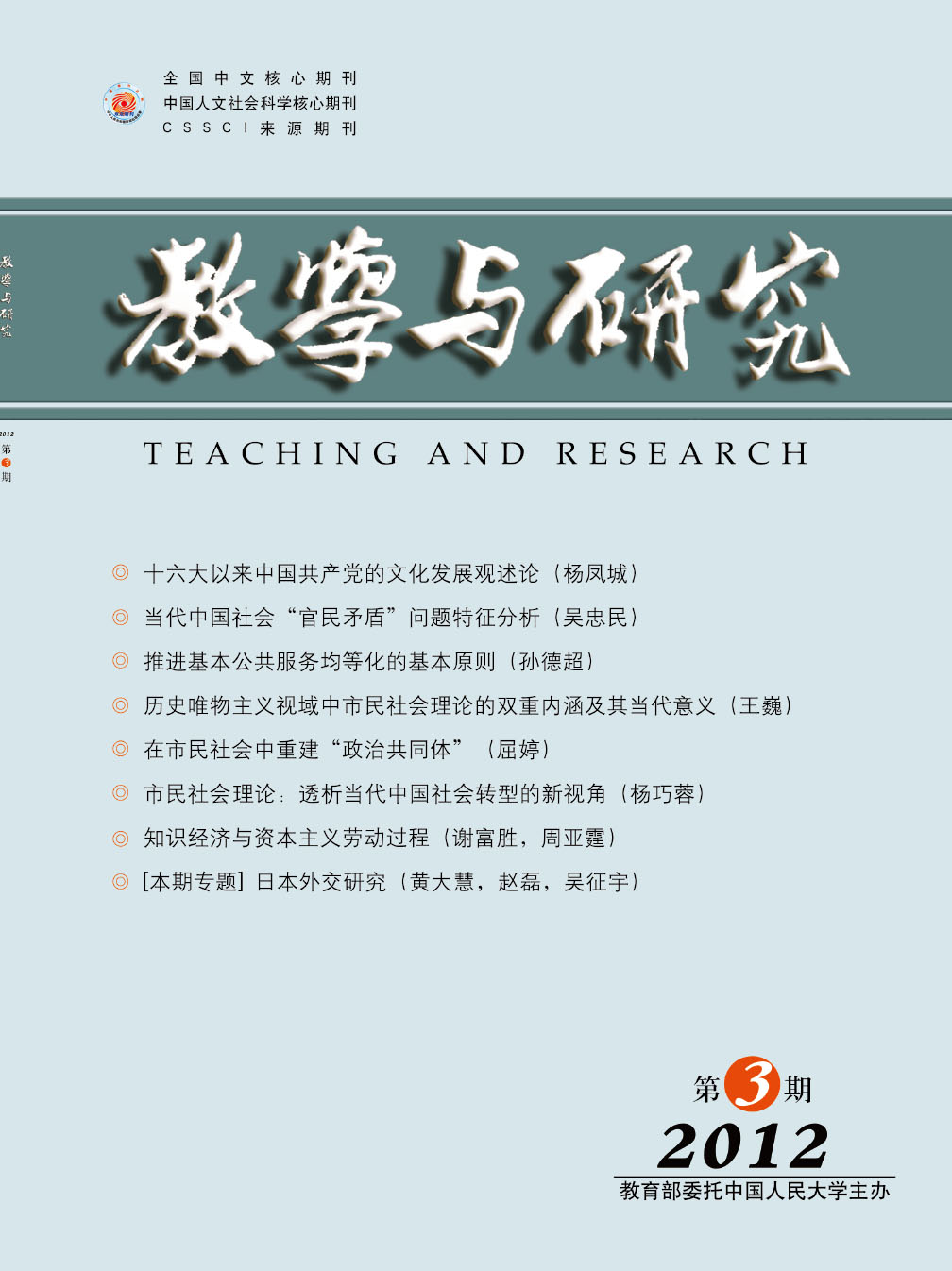|
|
On Unit Goods Value Decreasing with Increasing Labor Productivity
—A Response to Proposition Two in the Controversy over “Proportional to”
YU Bin-1, SHEN You-Jia-2
2012, 47 (3):
56-62.
DOI:
The debate over “proportional to” involves two propositions.The first: a working day of certain hours always represents product of the same Value; The second: unit goods value decreases with increasing labor productivity. This paper is a response to the Second Proposition. In the debate, those who are for “proportional to” hold the hypothesis that labor productivity equals to labor complexity and labor intensity. However, this hypothesis is incorrect. The degree of productivity of labour, in a given society, “is expressed in the relative extent of the means of production that one labourer, during a given time, with the same tension of labour power, turns into products”. Labor productivity is not directly related to labor intensity or labor complexity and to a great extent is inversely proportional to labor complexity. What is more important, market competition depends on lowering price of goods instead of raising it. If increasing labor productivity lead to a rise of unit goods value, capitalists would not have competed by raising labor productivity. Obviously, this is not the fact.
Related Articles |
Metrics
|



